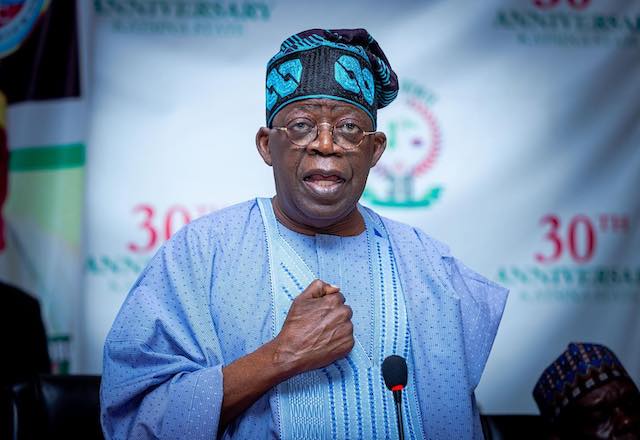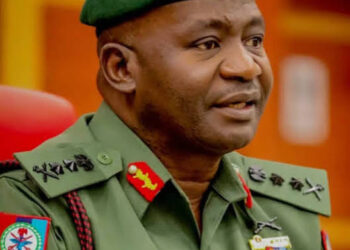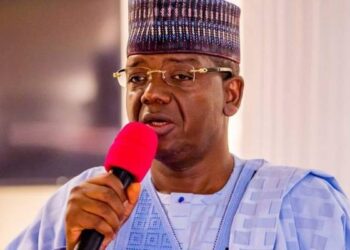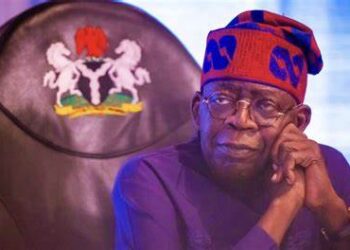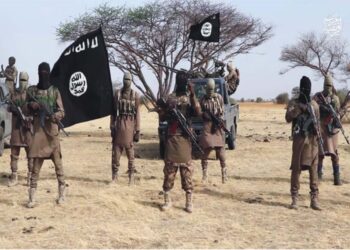President Bola Tinubu has firmly rejected the United States’ designation of Nigeria as a “country of particular concern,” dismissing claims that religious persecution is widespread in Africa’s most populous nation.
The sharp rebuttal came in a statement posted on President Tinubu’s social media platform on Saturday, a day after US President Donald Trump announced the controversial designation over alleged mass killings of Christians by what he termed “radical Islamists.”
Trump had written on his Truth Social platform on Friday that the United States “cannot stand by while such atrocities are happening,” citing statistics suggesting thousands of Christians were being systematically targeted and killed in Nigeria.
However, President Tinubu pushed back forcefully against this characterization, insisting that Nigeria’s constitutional framework protects citizens of all religious backgrounds equally.
“Nigeria stands firmly as a democracy governed by constitutional guarantees of religious liberty,” Tinubu stated in his response, rejecting the notion that the country tolerates or encourages religious persecution.
The Nigerian leader pointed to his administration’s record since taking office in 2023, highlighting what he described as open and active engagement with both Christian and Muslim leaders across the country. He emphasized that his government continues to address security challenges that affect citizens regardless of their faith or geographical location.
“The characterisation of Nigeria as religiously intolerant does not reflect our national reality, nor does it take into consideration the consistent and sincere efforts of the government to safeguard freedom of religion and beliefs for all Nigerians,” Tinubu declared.
The President stressed that religious freedom and tolerance have been fundamental to Nigeria’s collective identity and would remain so under his watch. He made clear that Nigeria opposes religious persecution in all its forms and does not encourage such practices.
“Nigeria is a country with constitutional guarantees to protect citizens of all faiths. Our administration is committed to working with the United States government and the international community to deepen understanding and cooperation on the protection of communities of all faiths,” the statement concluded.
Tinubu’s response represents an official government position that contradicts the American narrative, framing Nigeria’s security crisis not as religious persecution but as multifaceted challenges affecting all citizens regardless of faith.
The exchange marks a significant diplomatic tension between Abuja and Washington, with Nigeria’s leadership seeking to counter what it views as a misleading and potentially damaging international portrayal of the country’s complex security situation.
By invoking Nigeria’s constitutional protections and his administration’s interfaith engagement efforts, President Tinubu is attempting to shift the conversation away from religious persecution and toward a more nuanced understanding of the terrorism, banditry, and criminal violence affecting various regions of the country.
The designation by the United States could have serious implications for Nigeria’s international standing and potentially trigger sanctions or other restrictive measures, making Tinubu’s swift and categorical rejection a crucial element of damage control in the country’s foreign relations.

